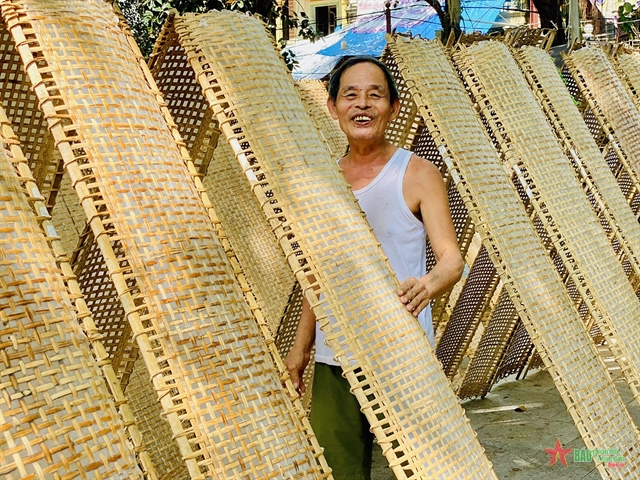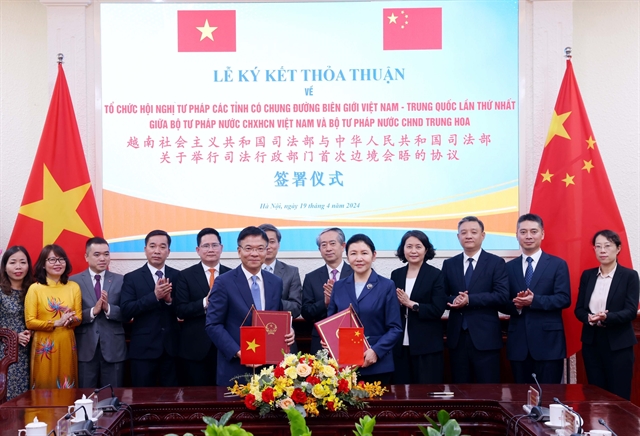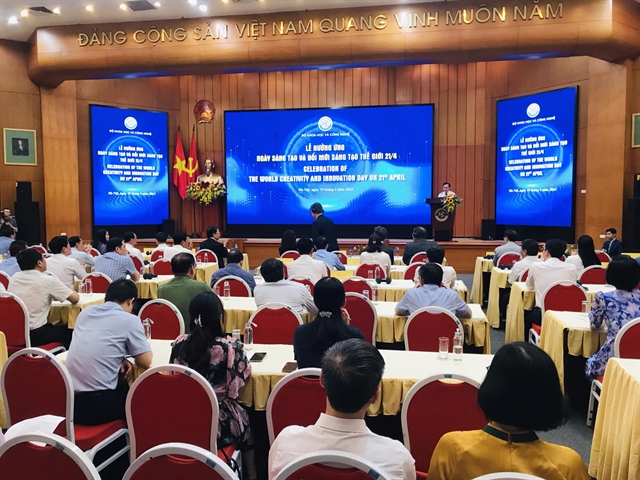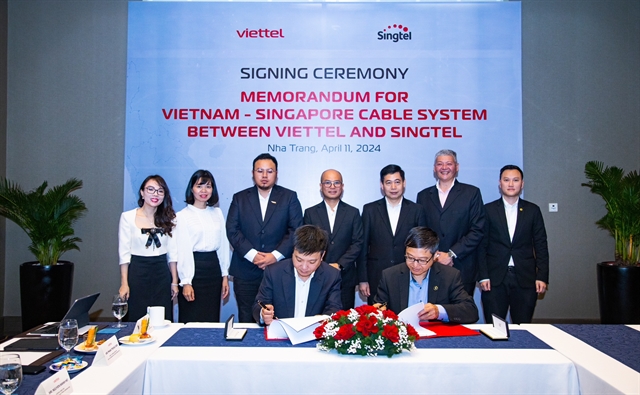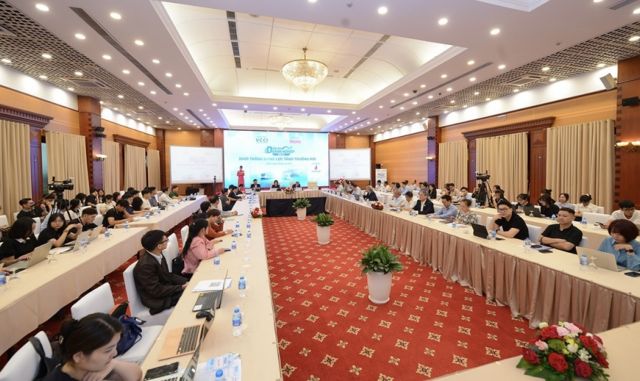

The health sector should encourage full autonomy at public hospitals, including financial independence as well as autonomy in personnel recruitment and bids for medicine and equipment, Party Committee Secretary of HCM City, Đinh La Thăng, has said.
HCM CITY — The health sector should encourage full autonomy at public hospitals, including financial independence as well as autonomy in personnel recruitment and bids for medicine and equipment, Party Committee Secretary of HCM City, Đinh La Thăng, has said.
Hospitals with financial autonomy should be responsible for conducting bids for medicine and equipment, Thăng said at a meeting with leaders of the Ministry of Health on Sunday.
The city had seven public hospitals operating with financial autonomy, said Nguyễn Thị Ngọc Dung, rector of Phạm Ngọc Thạch University of Medicine.
Hospitals with financial autonomy should be allowed to conduct their own bids for medicine and equipment instead of waiting for centralised bidding, Dung said.
Many public hospitals ran out of supplies and equipment because of the long waiting time needed for centralised bidding, she said.
Thăng also asked the health sector to take proactive steps to use the State budget as well as capital from society to develop medical infrastructure and facilities.
“Social mobilisation in the health sector will help local residents enjoy better healthcare services,” Thăng said.
Tăng Chí Thượng, deputy director of the city’s Department of Health said that major hospitals such as the Oncology Hospital, the Paediatrics Hospital No.1, the Paediatrics Hospital No.2, Hospital for Traumatology and Orthopaedics and Gia Định Hospital were frequently overloaded.
To reduce overloading and improve quality of health services, projects to build new hospitals and medical facilities are under or waiting for construction.
The city’s Paediatrics Hospital project in Bình Chánh District which is expected to be put into operation in September will help reduce overloading at Paediatrics Hospital No.1 and Paediatrics Hospital No. 2.
The second Oncology Hospital in the city’s District 9 project is expected to be completed in 2018.
However, many projects have been delayed because of complications related to site clearance, investment procedures and investors’ failure to begin their projects.
The Sài Gòn General Hospital, the new HCM City Hospital for Traumatology and Orthopaedics and general hospitals in Thủ Đức, Hóc Môn and Củ Chi districts are among the delayed projects.
The city’s Party Committee Secretary has asked authorities to accelerate the construction process of new hospitals to reduce overloading at major hospitals.
Obstacles faced by private investors to develop projects in the medical sector should be addressed in a timely manner, he said.
He said new contractors should be chosen if projects run behind schedule.
The Government should offer favourable conditions to encourage public-private partnerships in the health sector, said Võ Đức Chiến, director of Nguyễn Tri Phương Hospital.
The social mobilisation policy would help generate resources from society to replace medical facilities which were built 40 years ago, Chiến said.
Private investors would build and operate hospitals for 20 to 30 years before transferring them to the Government, Chiến said.
The Government should also devise policies to ensure benefits for private investors, he added.
Many of the Government’s recently issued policies had encouraged private investment in the healthcare sector, said Phan Văn Báu, director of the People’s Hospital 115.
Many private hospitals with modern equipment were now operating at a moderate level due to a lack of patients, while public hospitals experience overcrowding with patients, Báu said.
The health sector should offer co-operation between public and private hospitals for links and referral of patients between State and private hospitals.
Minister of Health Nguyễn Thị Kim Tiến said the city should have breakthrough policies on resource mobilisation to attract private investment to the health sector.
“It is necessary to mobilise capital from various resources to develop medical infrastructure and increase the number of hospital beds, including public-private partnerships, socialised capital and ODA capital,” Tiến said. — VNS

